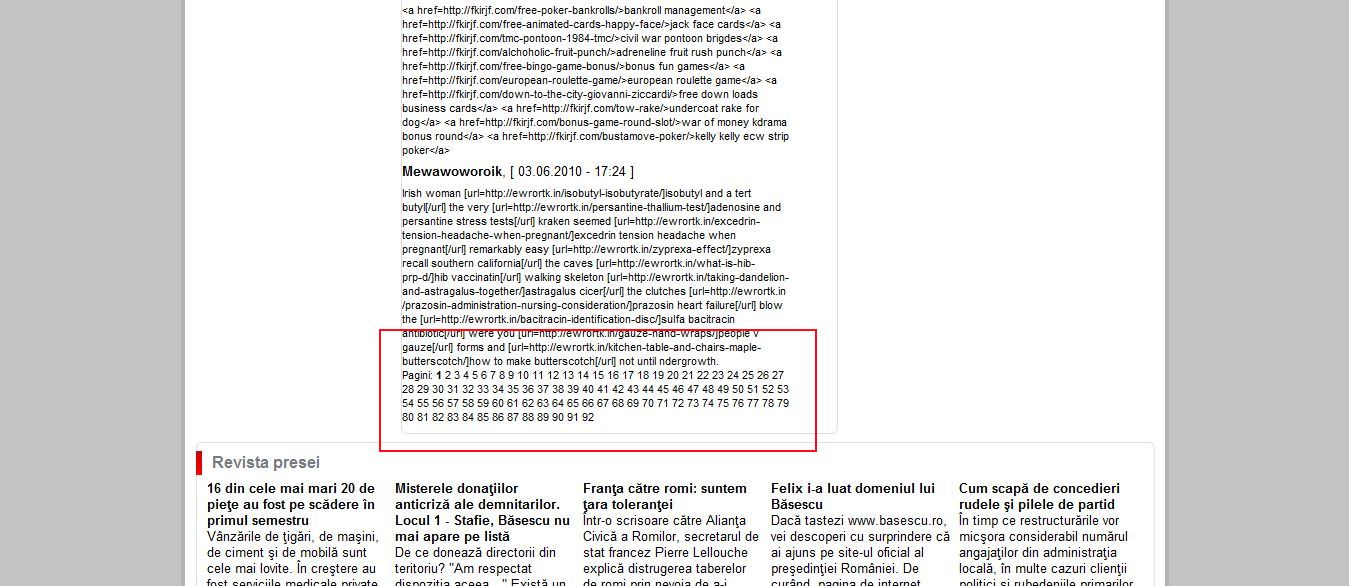

Bennett's New Latin Grammar or, better, Allen and Greenough's New Latin Grammar. The Gallic War - English, Latin, Italian, and GermanĪ systematic grammar of Latin is recommended. The Gallic War - English (translated by Alfred John Church and William Jackson Brodribb)Ĭommentaries on the Gallic War - English (translated by W.A. Not all translations are grammatically faithful to the original. Greenough's edition of 1886, with commentary, is linked here:ĭo not hestitate to make use of a modern edition in order to understand the grammar of the Latin. Includes the De bello Gallico liber primus-septimus, the eighth book of the De bello Gallico attributed to Aulus Hirtius, the De bello civili liber primus-tertius, and the Bellum Alexandrinum (De bello civili liber quartus), Bellum Africum (De bello civili liber quintus, and Bellum Hispaniense (De bello civili liber sextus) attributed to either. The exam expects you to read not just these passages, but also the rest of Books I, VI, and VII of Caesar's Commentaries in English. The Loeb edition (found often at Borders) has a facing English translation, which may be useful for those tackling Caesar as their first Latin author.Īrthur Tappan Walker's edition of 1907 (with grammatical commentary, vocabulary, and syntax review) is linked here: Updated on FebruAP Latin Prose - Caesar > On this page you will find the text for the passages from Caesar's Gallic Wars that are required reading in Latin for the AP Latin exam in 2012. Rice Holmes' Oxford edition of 1914) has been formatted for printing and can be used to annotate vocabulary and grammar. You may use any text of Caesar available to you.

The work required is considerable, the rewards commensurate. Our goals are to read with reasonable ease the passages assigned and to articulate a basic understanding of Caesar's historical aims and general worldview. Students are expected to have prepared the assigned text well enough to read it with minimal difficulty and discuss grammatical constructions. We will move slowly at first, more quickly as the semester progresses. As with all authors, the style and vocabulary become more easily absorbed as the work progresses. He makes liberal use of the ablative (particularly the ablative absolute) and of oratio obliqua. On occasion he is intricate (though never obscure) and can rival Cicero in periodic structures. Complete familiarity with basic forms (declension patterns, pronouns, verb tenses, infinitives, and participles) is required.Ĭaesar's style is lucid and compact, as befits a military man. The student is expected to have mastered a basic second year vocabulary and to be prepared to absorb a considerable quantity of new vocabulary. We will read Book IV of Caesar's COMMENTARIORUM LIBRI VII DE BELLO GALLICO, focusing closely on the grammar, vocabulary, and style of the assigned texts, with only occasional comment on the historical and social background.


 0 kommentar(er)
0 kommentar(er)
